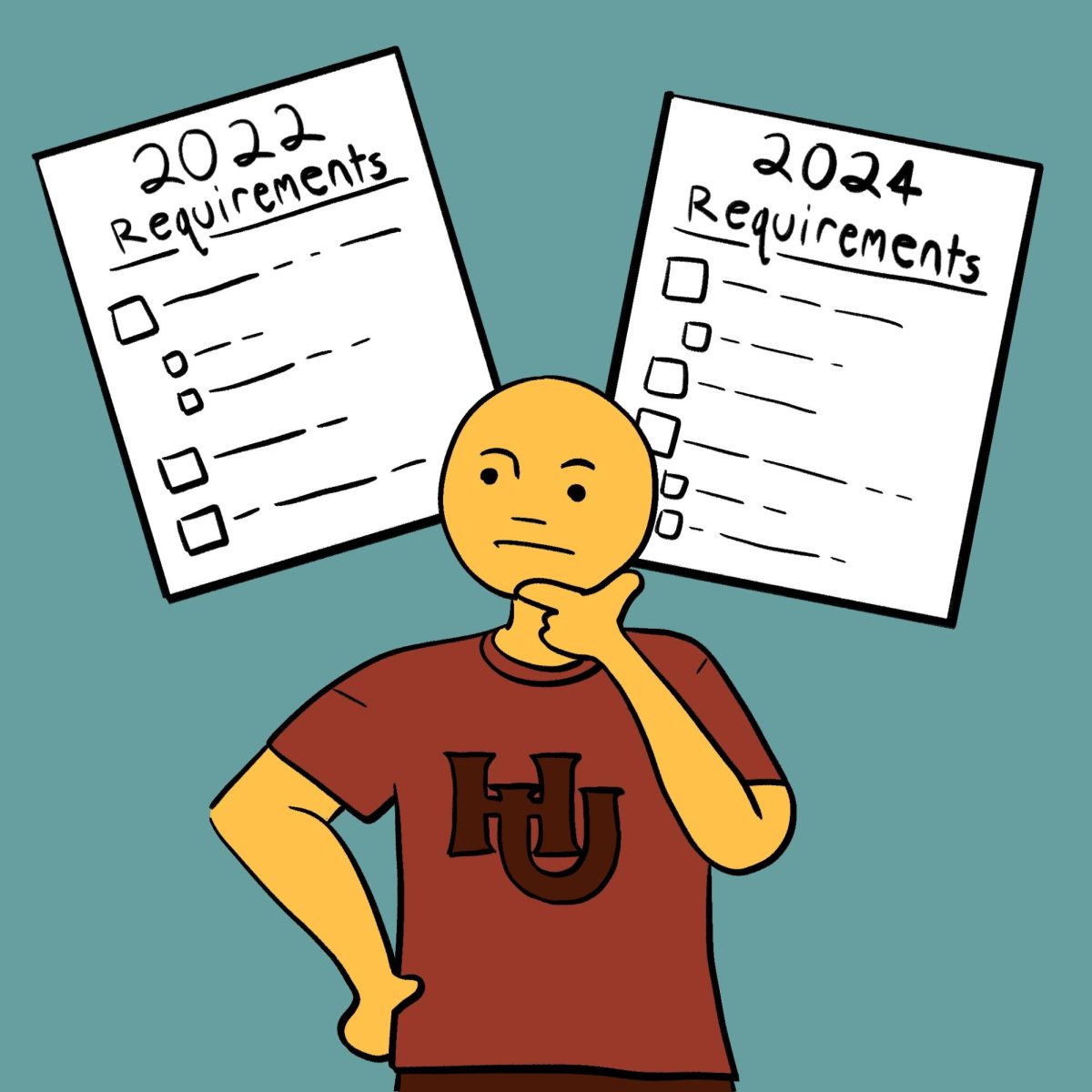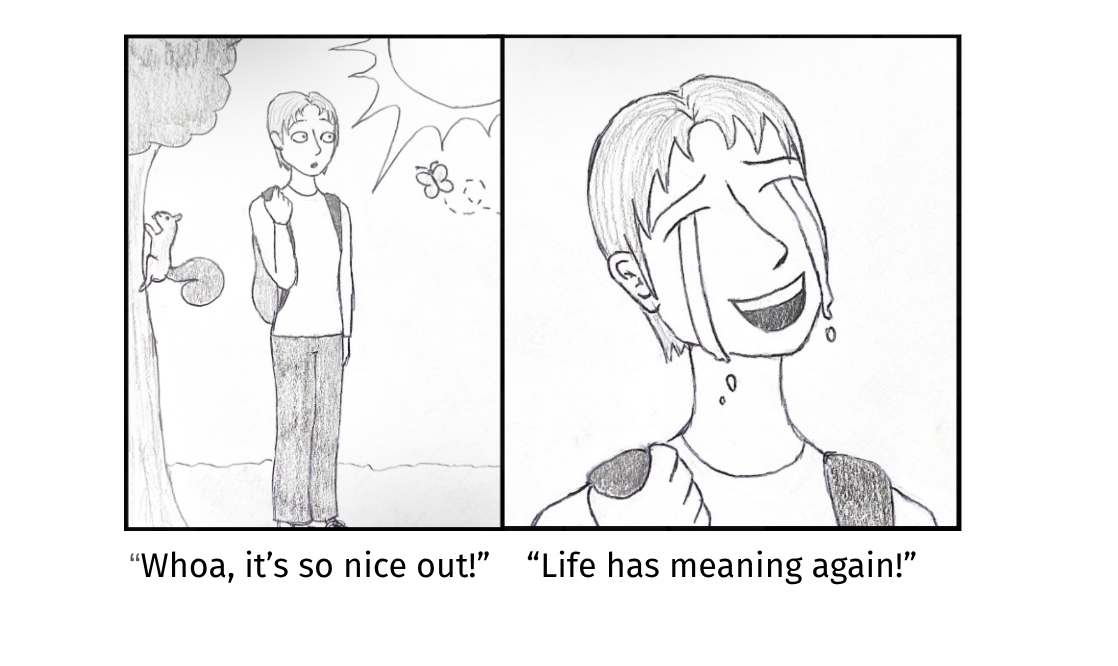Urban mobility is an essential component of modern cities, and public transportation plays a vital role in providing efficient and eco-friendly transportation options. However, despite its many benefits, the imposition of fares often acts as a significant barrier, particularly for low-income individuals who cannot afford to pay for the service.
This creates a cycle of inequality, as a lack of access to public transportation limits job opportunities, education, and access to healthcare, among other things. To address these issues, some experts argue that making public transportation free could be the key to fostering a sustainable future. By eliminating fares, more people would be able to use public transportation, reducing the number of cars on the road, and decreasing traffic congestion. This, in turn, would lead to a reduction in carbon emissions and air pollution, which are major contributors to climate change and public health issues.
Moreover, free public transportation would be a major boon for low-income communities, as it would provide them with greater access to essential services and opportunities. This would help to level the playing field and promote social equity, which is essential for creating a fair and just society.
While some may argue that making public transportation free is not economically feasible, recent studies have shown that the benefits would far outweigh the costs. For example, a study conducted by the Victoria Transport Policy Institute found that free public transportation could lead to a reduction in traffic congestion, air pollution, and greenhouse gas emissions, which would result in significant economic savings in the long run.
The issue of income inequality remains a pressing concern in society today, and one area where it is particularly evident is in the cost of public transportation. For many low-income individuals, fares constitute a significant portion of their monthly expenses, and this can make it difficult for them to make ends meet. One potential solution to this problem is to provide free public transportation, which can go a long way toward reducing income inequality and promoting economic equity.
By eliminating the financial burden of transportation costs, low-income individuals would be able to redirect their limited funds toward other essential needs, such as food, housing, and healthcare. This, in turn, could lead to an improvement in their overall quality of life and help to break the cycle of poverty that many find themselves trapped in. Beyond its potential impact on income inequality, free public transportation can also have a positive effect on local economies.
By making it more accessible and affordable, more people would be encouraged to use public transportation, leading to increased foot traffic in commercial areas. This, in turn, could help to stimulate local economies, benefiting businesses and fostering community development.
The issue of traffic congestion is a pressing concern for the environment. It contributes to excessive carbon emissions, air pollution, and noise pollution. One solution to this problem is to make public transportation free, which can encourage people to choose more sustainable modes of travel. By reducing the number of private vehicles on the road, this measure can help to decrease traffic congestion, which can lead to cleaner air and a healthier environment overall. Additionally, promoting eco-friendly practices is essential in this regard. By making public transportation free, we are sending a powerful message about prioritizing sustainable practices.
This shift in mindset can encourage individuals to be more mindful of their environmental impact and encourage them to make more sustainable choices in their everyday lives. Moreover, this measure can foster a culture of sustainability, where the community as a whole is committed to reducing its environmental footprint. By providing free public transportation, we are demonstrating our commitment to reducing carbon emissions and combating climate change.
One of the significant advantages of free public transportation is enhanced social inclusion. When public transportation is free, it ensures that everyone, regardless of their financial standing, has access to essential services and opportunities. This not only helps reduce the disparities but also creates a more cohesive and interconnected society. People from all walks of life can participate in various activities, such as education, healthcare, employment, and recreation. This, in turn, promotes social inclusion and reduces the feeling of isolation among people. Moreover, free public transportation has several positive implications for public health. Increased usage of public transportation promotes physical activity, as people often walk to and from transit stops, which is good for their overall health and well-being. Additionally, fewer private vehicles on the road means reduced air pollution, which benefits respiratory health. This leads to improved health outcomes and quality of life for individuals and communities.
In conclusion, the implementation of free public transportation is a practical and achievable goal that can bring about a wide range of benefits. The provision of free public transportation can help address a number of pressing issues, such as economic disparities, environmental concerns, and social inclusion. Firstly, providing free public transportation can be a significant step towards reducing economic inequalities. In many communities, low-income individuals and families are often unable to afford the cost of transportation, making it difficult for them to access education, employment, and other essential services. By making public transportation free, communities can ensure that everyone has equal access to transportation services, regardless of their financial status. Secondly, free public transportation can help reduce environmental concerns. Private cars are a major contributor to air pollution and greenhouse gas emissions. Encouraging people to use public transportation instead of driving their own vehicles can help reduce the number of cars on the road, which in turn can help reduce air pollution and mitigate climate change. Lastly, free public transportation can foster social inclusion. It can help reduce social isolation among marginalized groups, such as senior citizens and people with disabilities, who may have limited mobility options. In summary, free public transportation is a wise investment in the well-being of communities and the planet’s health. By addressing economic disparities, mitigating environmental concerns, and fostering social inclusion, societies can build a more sustainable future.
Public transport for all
Blessing Fru, Opinion Editor
February 7, 2024
Categories:
The A Line on Snelling & Hewitt helps people from all walks of life get to where they need to go.
Story continues below advertisement
0
More to Discover



















